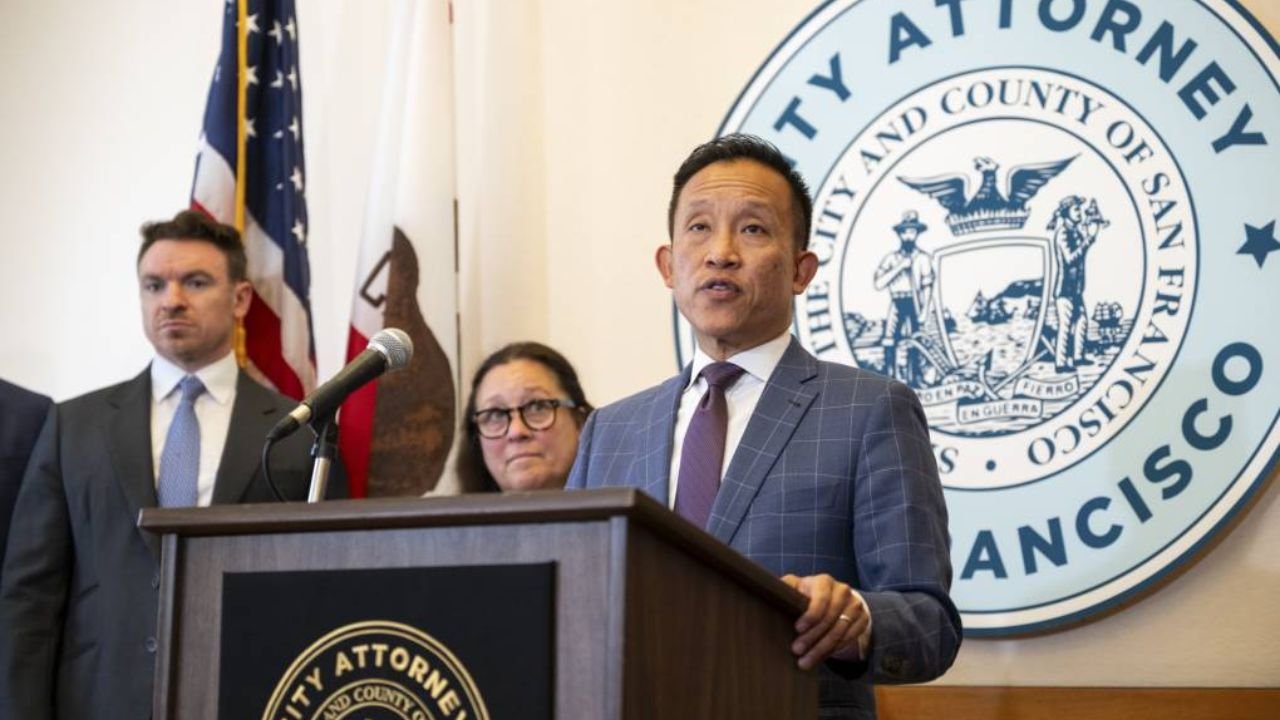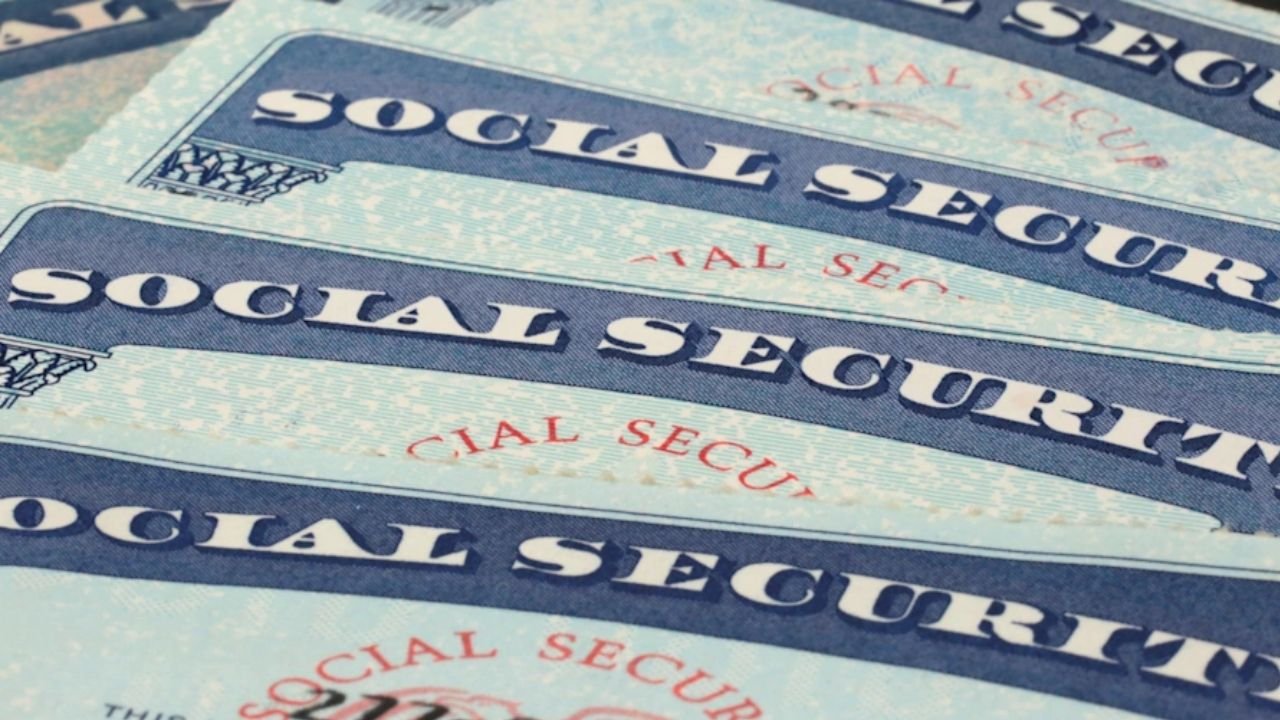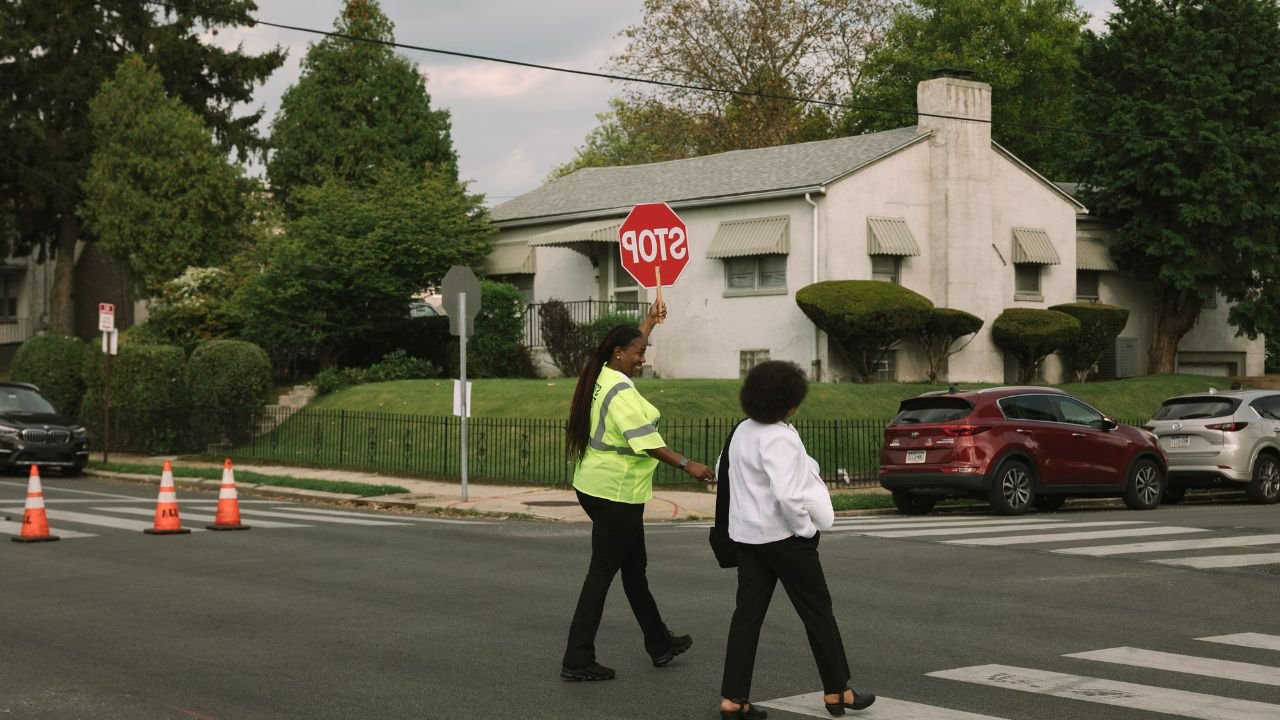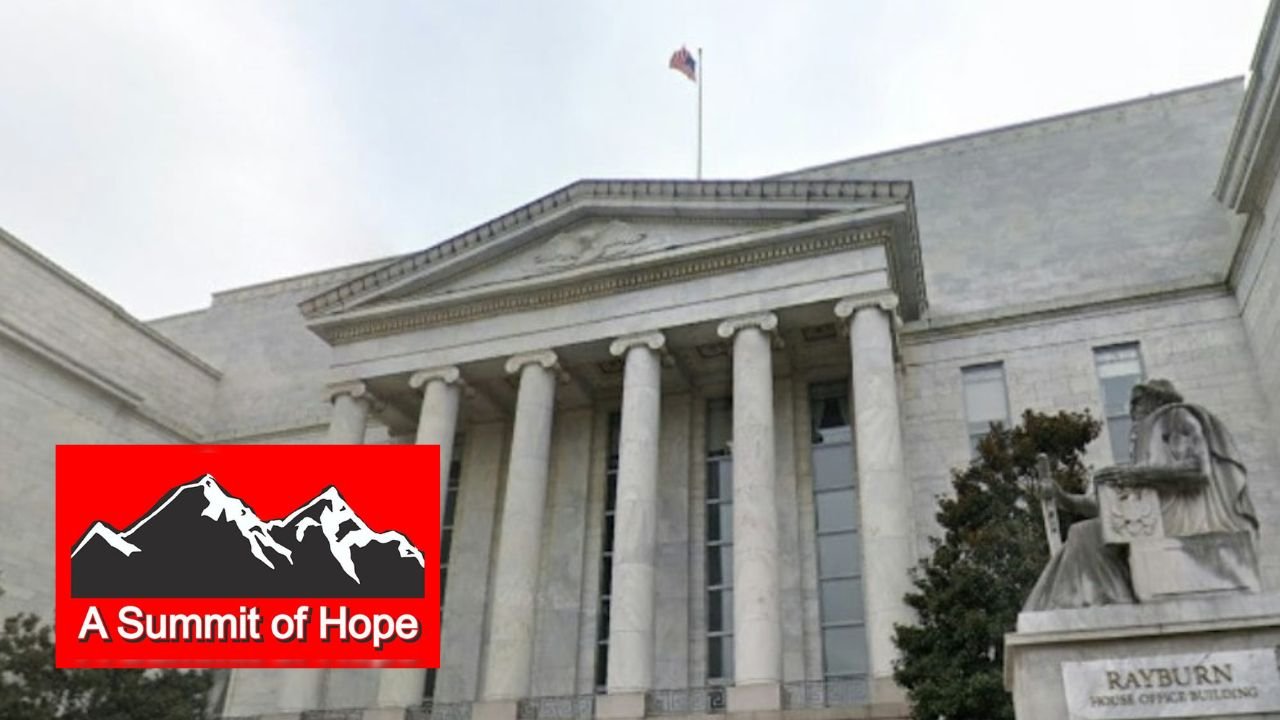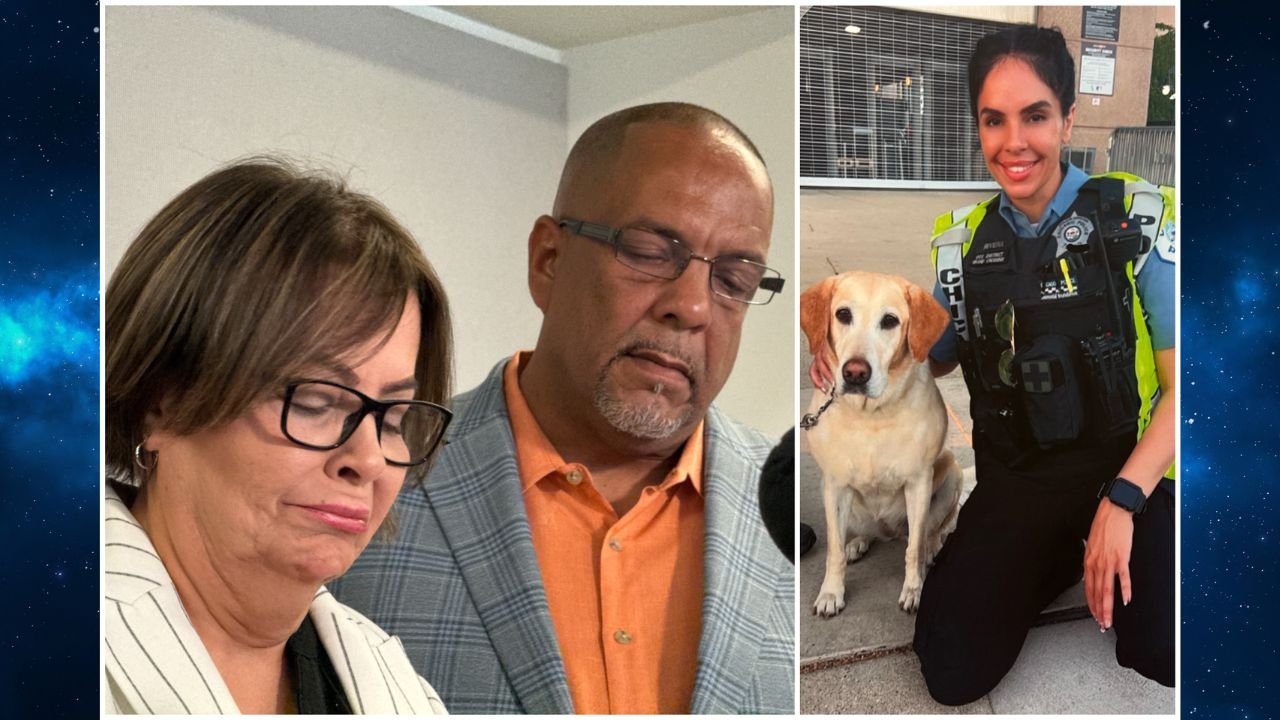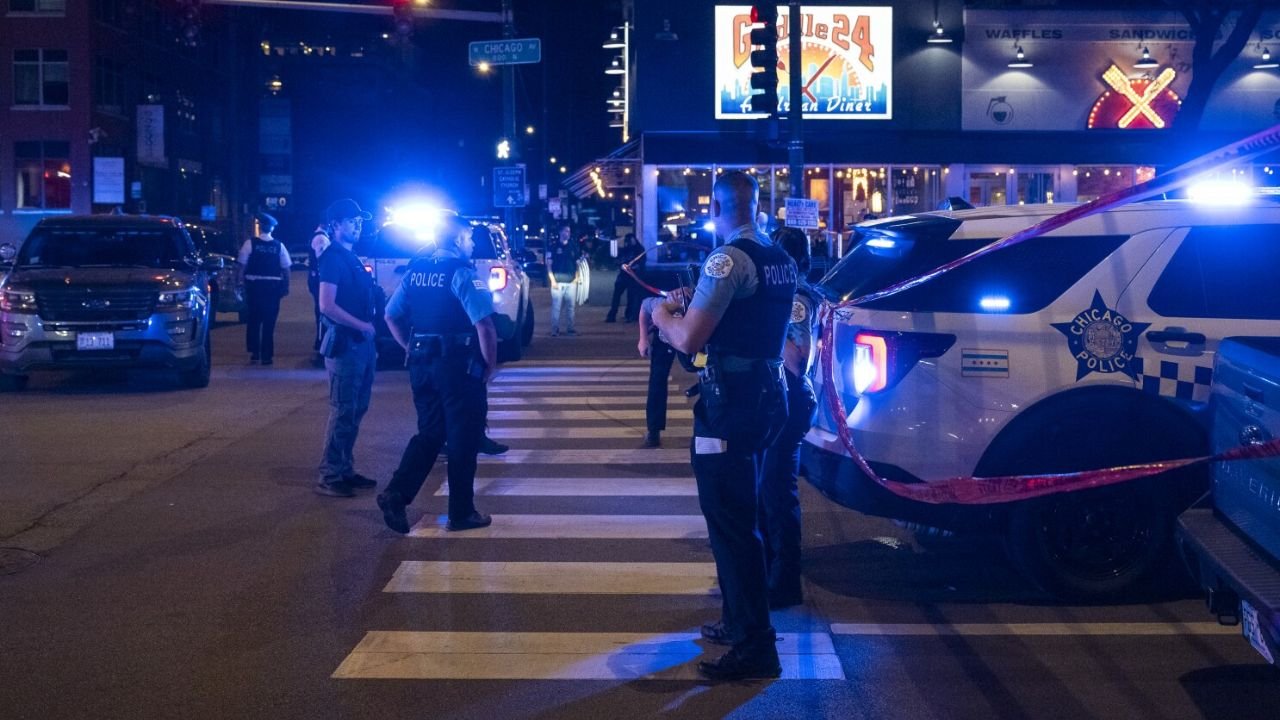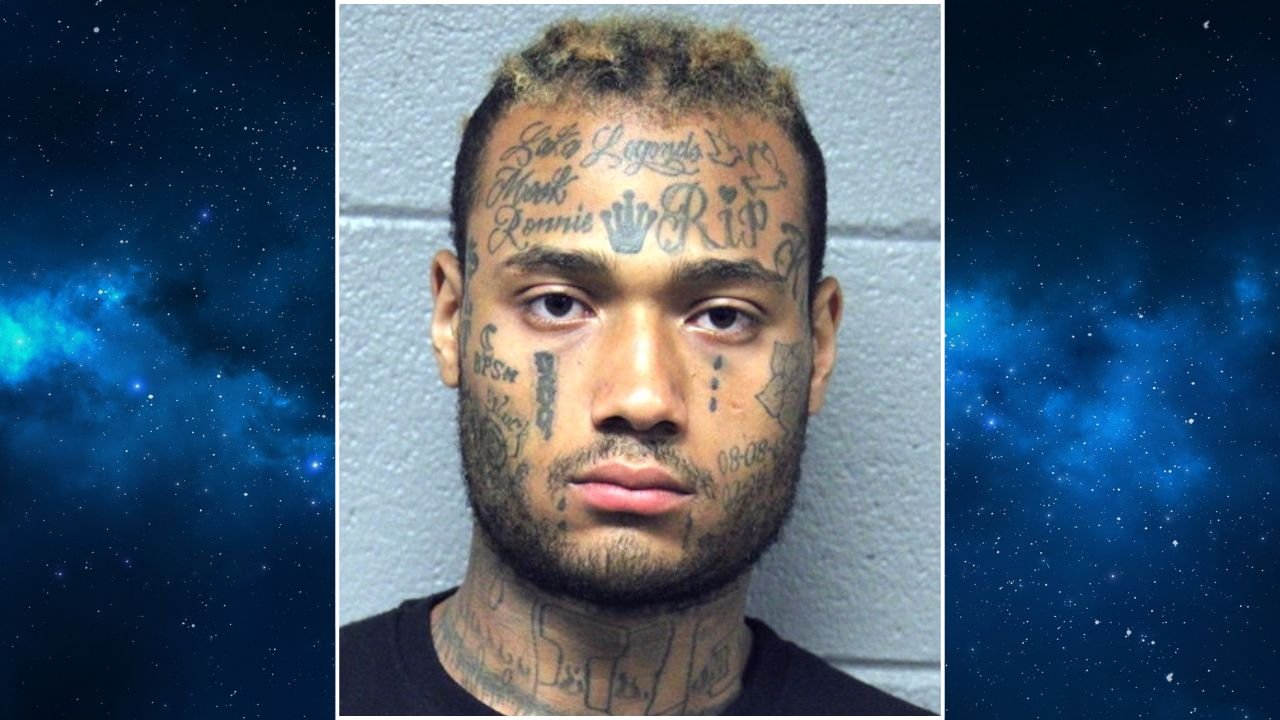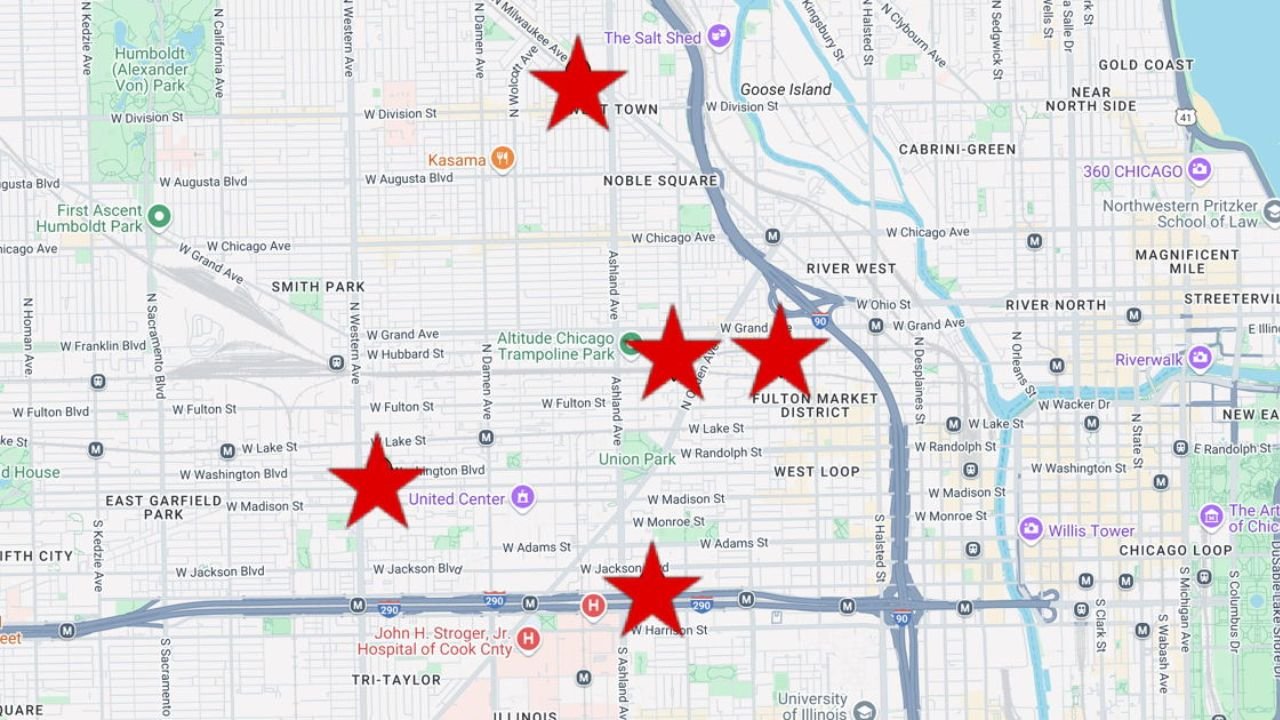CHICAGO — In a united front to defend urban security funding, San Francisco has joined forces with Chicago in a legal battle against the Trump administration over the freeze of crucial counterterrorism grants. The cities argue that the administration unlawfully withheld millions of dollars in federal funds intended for the Securing the Cities program, a key initiative designed to combat nuclear and radiological threats.
Federal Freeze Sparks Citywide Alarm
The lawsuit stems from the federal government’s refusal to disburse fresh funding under the Department of Homeland Security’s Securing the Cities (STC) program. Despite eventually reimbursing San Francisco for prior expenses, the DHS has continued to block new purchases of essential counterterrorism equipment.
“This money helps prevent terrorist and nuclear attacks—it shouldn’t take a lawsuit for the federal government to follow the law,” said San Francisco City Attorney David Chiu, as quoted by San Francisco City Attorney’s Office.
Why This Funding Matters
Both Chicago and San Francisco are part of the Securing the Cities program, which provides millions annually for training, coordination, and equipment that detect and deter radiological and nuclear threats. The grant is especially crucial ahead of major events that draw international attention and raise the risk of potential attacks.
In the Bay Area, the STC program supports a network of jurisdictions across Northern California and parts of Nevada, known as the STC San Francisco Bay Area (STC SFBA). Officials say the continued delay in funding puts entire regions at risk by stalling preparedness.
“Without the grant, agencies can’t acquire tools needed for safety,” said Mikyung Kim-Molina, interim general manager of the Bay Area Urban Areas Security Initiative (UASI), in a statement to Hoodline.
Chicago’s Role in the Lawsuit
Chicago has long been a major beneficiary of STC funding and is particularly invested in keeping its public transportation system, tourist hotspots, and downtown core secure. With homeland security threats evolving, city officials argue that this funding is not only justified but essential for the public’s safety.
While the Department of Homeland Security has released some reimbursement payments, it continues to bar new purchases for detection devices, which may violate federal law, according to city attorneys.
What Comes Next
With both cities moving forward in court, legal experts say this lawsuit could set a significant precedent for how urban centers secure vital homeland security resources in the face of federal administrative changes.
The lawsuit reflects broader tensions between city governments and the Trump-era DHS, which often clashed with urban policies and priorities. For cities like San Francisco and Chicago—both of which face heightened security concerns due to population density and major event hosting—the lawsuit is about more than money; it’s about autonomy and safety.
What do you think?
Do you support cities suing the federal government for delayed counterterrorism funding? Join the discussion at ChicagoSuburbanFamily.com and share your perspective.

